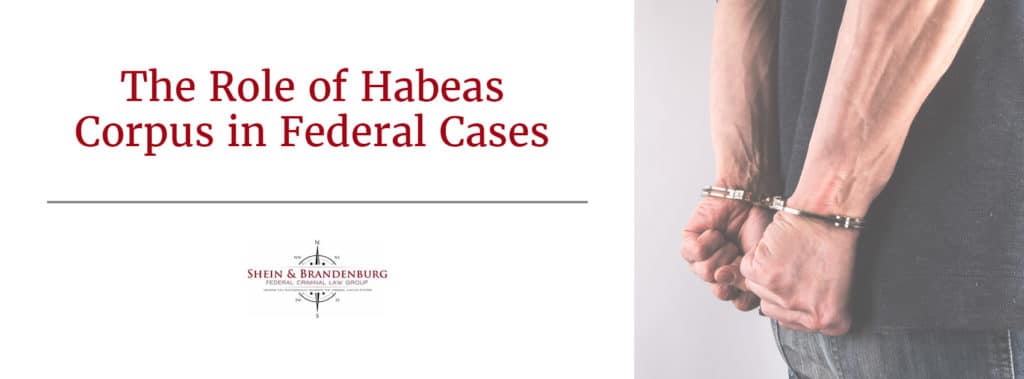An individual who is convicted in federal court can bring a habeas corpus action, but there are critical steps that must be followed to make sure that the motion is properly filed. Although it is often imperative to retain the assistance of skilled legal counsel if you are interested in filing a habeas corpus motion in a federal case, few lawyers have the knowledge and experience necessary to handle these types of cases. Our firm has the knowledge and experience necessary to help individuals in these situations.
Habeas Corpus Explained
Habeas corpus is a procedure in which a court analyzes whether a person is being held illegally in jail or any other type of detainment process. If the court determines that a person is being detained illegally, the court has the authority to order state authorities to release the prisoner from custody. One of the challenges presented in filing a habeas corpus motion is that the petitioner must prove to a court that the individual should be released. Federal courts rely on the presumption that the facts decided by lower courts were correct. To win a federal habeas corpus motion, a person must establish that the court was unreasonably incorrect in its decision and denied one or more of the individual’s federal constitutional rights.
Types of Errors Involved in Habeas Corpus Motions
A federal court will address a broad variety of issues in a habeas corpus proceeding. These claims, however, must arise from rights that are granted to the individual by the United States Constitution or through federal law. These laws must also relate to rights that criminal defendants possess at trial or on direct appeal. It should be noted that a person cannot base a federal Habeas corpus claim on a search or seizure that was in violation of the Fourth Amendment.
Timeliness
Another substantial challenge presented by habeas corpus motions is timeliness. The Antiterrorism and Effective Death Penalty Act of 1996 created a one-year time period within which federal habeas corpus petitions must be filed. The statute of limitations period begins to run from the latest of one of four potential dates:
- The date on which the United States Supreme Court denied a petition for certiorari to review a state court’s decision.
- If the state created an illegal obstacle that prevented the person from filing a federal habeas corpus motion, the date on which the obstacle was removed.
- If the United States Supreme Court rules that a new constitutional right exists and applies to the person’s case, the date on which this decision is filed.
- If the petitioner would not have discovered the facts supporting the claim by “due diligence”, the date on which the facts at hand would have been discovered through “due diligence” applies to the case.
Contact a Skilled Criminal Defense Attorney
Our firm knows how to fully assess an individual’s case and file a habeas corpus case if necessary. With each habeas corpus case, our firm focuses on finding ways that might weaken the strength of a conviction. If you must file a habeas corpus motion in federal court, consider contacting the legal team at Federal Criminal Law Center today at 404.633.3797 or complete our quick and convenient online form.


